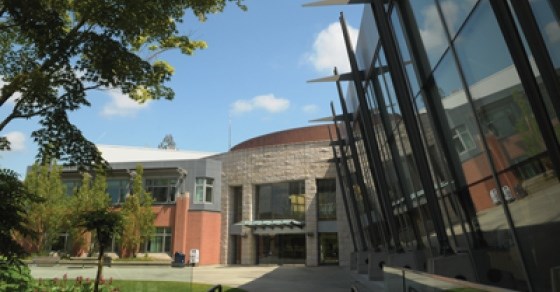The average Coquitlam homeowner will see a combined $78 increase when their property tax and utility bills arrive this year.
According to the city’s 2017 financial plan, the average jump includes a $23 (5%) rise in sewer and drainage rates and a $9 (3%) increase in solid waste fees; water rates will remain unchanged.
Utility costs are set by Metro Vancouver, which means the average property tax jump will work out to approximately $46 (2.13%). The total rate increase will vary depending on the value and housing type of a given property.
“This is the lowest [tax increase] since 1994 and the eighth consecutive year of declining increases,” said Mayor Richard Stewart, “and yet, this budget still addresses contractual inflation, funds new projects, replaces infrastructure and sets aside reserves to protect our assets.”
The five-year financial plan document also shows an anticipated 3% annual property tax rate increase from 2018 through 2021.
But while the city is posting its smallest rate hike in 22 years, at least one councillor said he has concerns over the long-term sustainability of the municipality’s budget.
Coun. Brent Asmundson told The Tri-City News he questions the decision to take $1 million from the land sale reserve fund to offset some infrastructure replacement costs. While he voted in favour of the first three readings of the financial plan, he called the situation “not sustainable” and said recurring funds should be allocated for recurring expenses, rather than taking money from land sales.
“You are just leaving a problem for future councils to deal with rather than dealing with it now,” he said.
Currently, the city borrows from the land sale reserve fund, which Asmundson noted could be problematic if the fund shrinks or does not grow at the same pace as the rest of the municipality.
“I believe the land sale fund is a generational asset,” he said. “While we borrow from it and pay it back, the need for that fund is going to increase in time because the city is going to grow and we will need to borrow more from it.”
During a recent council meeting, Asmundson and Coun. Mae Reid voted against a proposal that would allow a maximum of 5% of the land sale reserve fund up to be used annually for infrastructure replacement purposes. The vote passed, however, which allowed council to take the $1 million for the 2017 budget.
As of this week, the land sale reserve fund sits at $58 million but Sheena MacLeod, the city’s director of financial services, said that number routinely fluctuates.
“What [council is] trying to do is give something immediate back to the community for some of the land sales in Coquitlam,” she said. “It’s basically giving a dividend to the community.”
Despite the low tax increase, Mayor Stewart said in his budget speech that the city will still be able to fund its priorities in 2017 and beyond.
The budget includes $62 million for public safety, with $36 million going toward policing, providing a new community police station in Burquitlam and funding for the newly launched RCMP Uniformed Crime Reduction Unit, which will patrol the Evergreen Extension corridor. Another $26 million is being allocated to Coquitlam Fire and Rescue for additional staff support and the replacement of equipment.
Capital spending for parks and recreation will top $84 million over the next five years, with $26 million being spent on parkland acquisition, $25 million for park development, $13 million for facility upgrades and $9 million for sports fields.
The financial plan also calls for $81 million in transportation spending between 2017 and 2022, with road rehabilitation and enhancements taking place throughout the city. It includes new bike routes, connecting David Avenue with the Burke Village Promenade, and wayfinding for motorists, cyclists and pedestrians.
“We need to ensure that on-street parking remains available to our residents and to our businesses and their customers on a short-term basis,” Stewart said in his speech. “Consequently, 2017 will see the ongoing implementation of a parking management strategy and Coquitlam will continue to be a loud voice at the regional table advocating for more buses to serve our community so that residents can access transit from their neighbourhoods.”
@gmckennaTC



